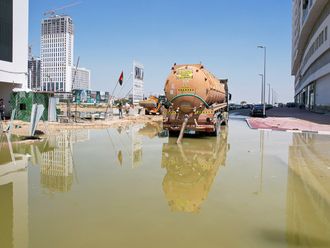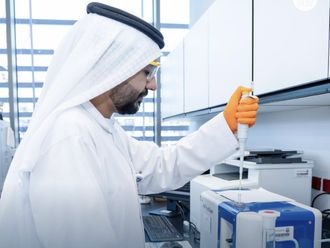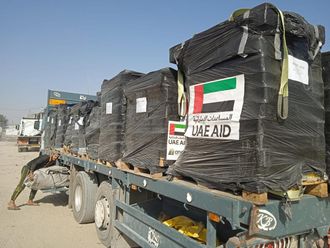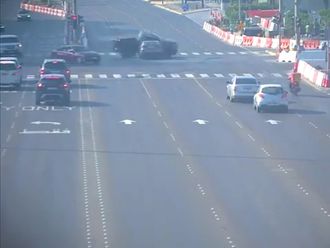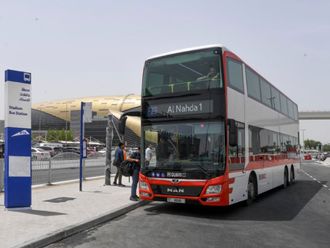Dubai: The emirate of Dubai generates more that 10,000 tonnes of general waste per day and the figure is on the rise year by year, say municipality officials.
The announcement was made at a press conference yesterday, organised by Dubai Municipality (DM) to discuss the activities of Middle East Waste Summit 2010, which will be held from May 18 to 20.
Hassan Makki, Director of Waste Management Department at DM, said the success of the last summit has become an incentive to follow up on the support of this event. He added that the Waste Summit can provide potential solutions to the problem of the growing quantities of waste, these solutions will ensure a healthy and safe environment for the emirate's community.
Important projects
Makki added that the Waste Management Department has conducted a detailed study of several important projects, starting with the study of waste reduction and the conversion of waste to energy (WTE).
"The department has studied many projects and the most important project was automated suction of waste in the towers area on Sheikh Zayed Road and the collection of waste in ... areas in the city [Al Dhagaya, Naif, Satwa] ..." Makki said.
"The municipality is keen to support such specialised scientific forums, which include areas that the Municipality deals with in the sphere of community services," said Salah Amiri, Assistant Director General for Environment and Public Health Services Sector. "It is very important to get briefed about the best practices in this field and its application in areas that serve and elevate the level of services for the community."
Amiri said that the first summit in May 2009 was a success and more than 2,691 experts in the field of waste management participated in the conference.
"This summit would definitely become a forum to find real solutions to the problems faced by the public and private sectors in the field of waste management," said Amiri.
He added that recycling can make good environmental and economic sense given the right conditions. "It will conserve the natural resources; it can save energy in production and transport, reduce risks of pollution, and ultimately may produce goods which are less expensive, it is therefore an increasingly important waste management option."



